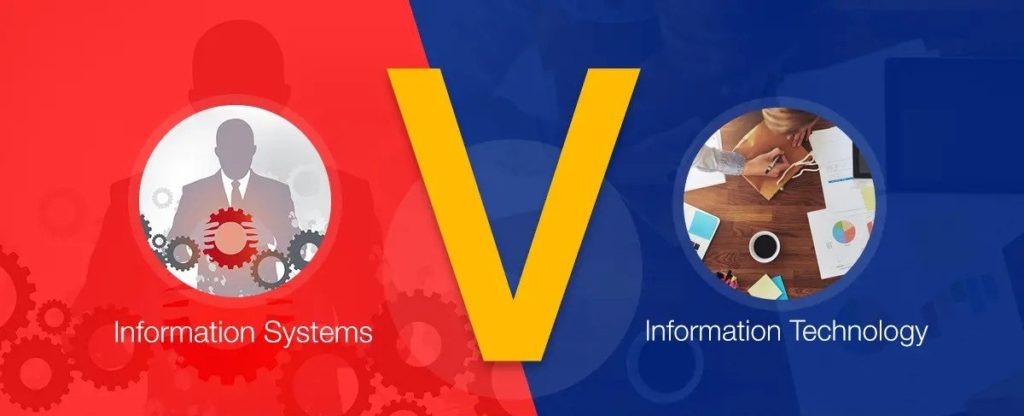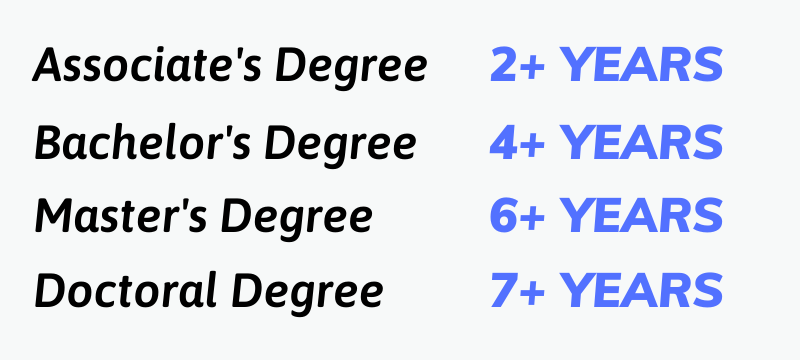The most basic definition of information technology is the technological application to handle business or governmental challenges on a large scale.
Whatever their role, an IT professional partners with others to tackle innovative challenges of all sorts.
This article will discuss the entire concept of information technology. Let’s scroll down for a detailed explanation!
What is Information Technology?
IT (Information Technology) refers to the application of networking, storage, and computer . It also works with other infrastructure in computer programs and physical devices to construct, operate, store, protect, and transfer all the forms of electronic data.
Compared to personal or recreational technology usage, IT can work in the context of commercial activities.

IT experts may deal with a wide range of sectors because information technology is essential to all business systems. They create computer hardware and software to manage computer networks as well as web technologies.
According to the Bureau of Labor Statistics, employment in computers will rise by 12% by 2028. With so many job options accessible to information technology specialists, obtaining a degree in IT may be a practical and flexible career choice.
Difference Between IS and IT
Many people assume that all information systems are computer-based solutions. They often make mistakes in distinguishing Information Technology (IT) and Information Systems (IS).
Although both IT and IS can handle computer based information systems to some extent, they demand different planning and practice. Practically, IT is a subset of the IS. On the other hand, IS serves as a connection between the user and the technological world.

Here are some of their differences:
- IS integrates individuals, technology, and processes involved with data. IT, on the other hand, analyzes the data itself. In contrast, IT is in charge of the planning and coordination of data within computer systems.
- IS refers to the organization of data overall, whereas IT refers to the technological standpoint within computer systems.
- IS has consisted of books, drawings, and so many more since the pre-mechanical time. However, IT has a strong link with the development of computer systems.
- IS links technology with individuals firmly. Meanwhile, IT considers the framework as its core.
- IT and IS both involve working with others, but the former’s use of technology and multiple frameworks to gain the business objectives appears to be more synchronized. Other professionals focus more on computer software and hardware systems, even though they play a vital role in the entire organization.
Types of IT Degrees
Information technology degree programs vary considerably depending on the institutions. Educational choices range from formal universities and schools to authorized online and remote training degree courses.

Information technology majors have various degree choices to choose from.
Certificate Programs
There are generally six to twelve-month certificate programs in the field of IT. Students can learn the foundations of information technology, computer science from computer networks to programming, and databases, through these programs in most cases.
They’re perfect for students who seek a solid understanding of information technology ideas, computer science and exposure to the industry. Coursework may be convertible to an associate’s or even a bachelor’s college diploma in the future.
The fundamental courses consist of internet exploration, coding, graphic basic, and relational data principles.
To earn a degree, students need to grasp databases, programming, and IS.
Associate Degrees
Using this degree, students may get an entry-level career or move to a bachelor’s degree.
An associate program includes computer systems, problem solving and maintenance, programming concepts, computer science and tactics in digital communications.
This level of degree enables students to explore computer hardware and software issues. Aside from building software systems, they also learn how to create websites, establish computer networks, and conduct other vital activities.
Bachelor’s Degrees
Bachelor’s programs in information technology typically take four years of education. First-year courses focus on computer technology and general studies prerequisites. The previous two years are for the more sophisticated and specialized parts of the subject.
There is a chance to study the basics of information technology management, build critical thinking abilities, and evaluate other information distribution technologies on a small to large-scale basis.

Master’s Degrees
A bachelor’s program only focuses on specific higher-level aspects of the IT industry in a master’s degree program. Entrance to a higher education generally demands a bachelor’s degree as a requirement.
As a result of this degree, IT students may improve their interaction, cooperation, and technical abilities in the actual world.
They also study the fundamentals of coding, database management system, network administration, management information systems, and computer software development.
Doctoral Degrees
Students who want to start a career in information technology study or postsecondary teaching frequently can seek a Ph.D. in IT.
When it comes to research, a Ph.D. is more specialized, but a doctorate program might be more beneficial for management and decision-making.
Graduates will discover how to plan and analyze research, teach college courses or build and examine computer systems.
Job Opportunities for IT Graduates
Professionals in the field of information technology are incredibly diverse. There are various IT specializations available, including computer scientists, software designers, and system administrators.
The possibility of working in servers, computer science, data storage, network management, and network design also exists. Many companies are looking for IT specialists with a mix of abilities.

You can choose from a wide range of IT professionals, each requiring different technical knowledge and skills. The following are some of the most frequent IT job roles:
- System administrators
- Software developers
- App managers
- Computer engineers
- IT architects
- IT directors
- Programmers
- Web developers
- Designers
- Computer scientists
- Computer support specialists
Conclusion
Information technology deals with all technological issues. Students can access different aspects of the major for their promising IT professionals.
Due to the sharp development of new technology, job opportunities for IT workers will increase dramatically in the future.
